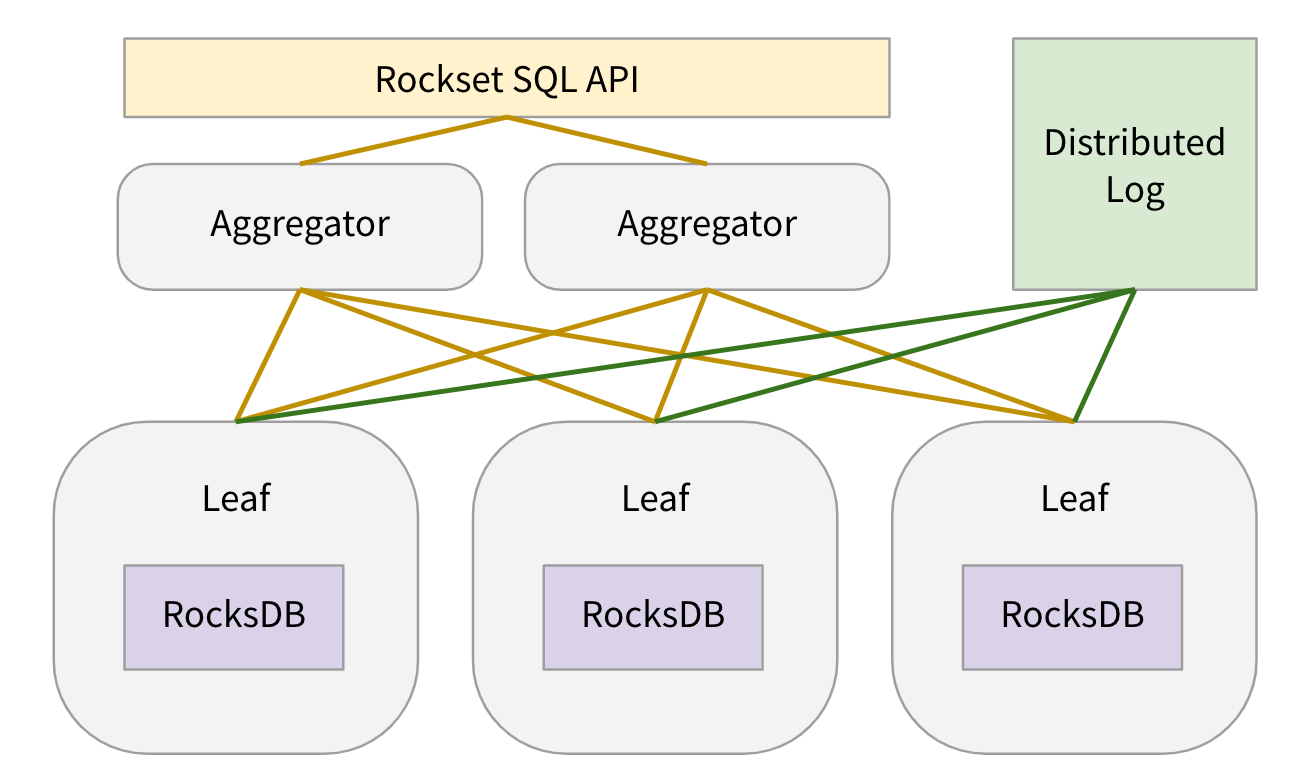OpenAI’s acquisition of Rockset, a real-time analytics database company, marks a significant move to enhance its AI capabilities and strengthen its position in the competitive AI landscape.
The June 21, 2024 acquisition aims to integrate Rockset’s advanced data indexing and querying technologies into OpenAI’s product suite, potentially revolutionizing how AI applications handle real-time data processing and retrieval.
Rockset Technology Integration
Integrating Rockset’s world-class indexing and querying capabilities will power OpenAI’s retrieval infrastructure across its product suite. This technology is expected to enhance OpenAI’s ability to quickly access and analyze vast amounts of information, likely leading to faster and more accurate responses from AI models. The acquisition aims to empower users, enterprises, and developers to leverage their data more effectively, transforming it into actionable intelligence and enabling the creation of more powerful and useful AI applications.
Team and Customer Impact
As part of the acquisition, Rockset’s entire team will transition to OpenAI, bringing their expertise in real-time analytics and database management to support the development of safe and beneficial artificial general intelligence. This move will bolster OpenAI’s capabilities in handling large-scale data retrieval and analytics. For existing Rockset customers, the transition will be gradual, with OpenAI committing to ensure a smooth process as they are eventually transitioned off the Rockset platform.
Real-time Analytics Enhancement
Rockset’s real-time analytics database will significantly enhance OpenAI’s capabilities in handling data-intensive applications. The technology continuously ingests and indexes data from various sources like Kafka, MongoDB, DynamoDB, and S3, enabling sub-second SQL queries on semi-structured data without requiring predefined schemas. This acquisition will allow OpenAI to leverage Rockset’s expertise in powering recommendation engines, voice assistants, chatbots, and anomaly detection systems, potentially leading to more sophisticated and responsive AI applications.
Source: Perplexity






